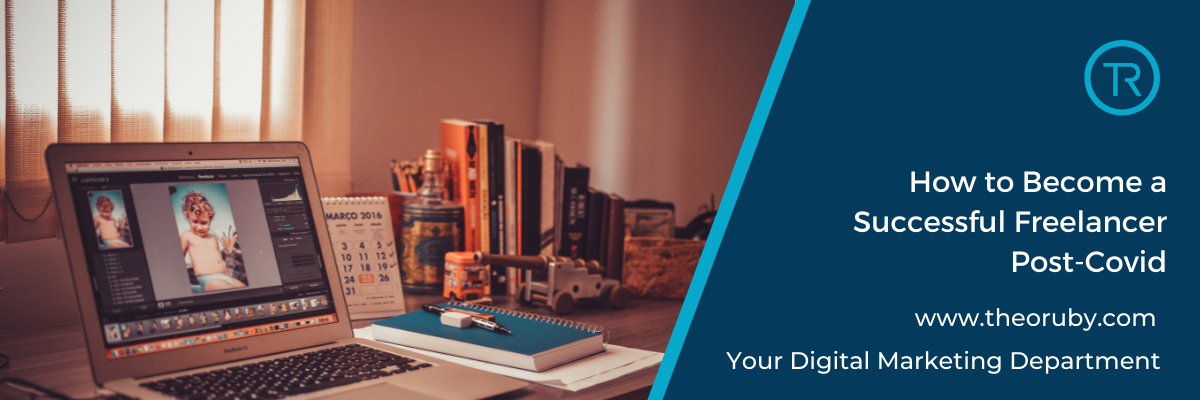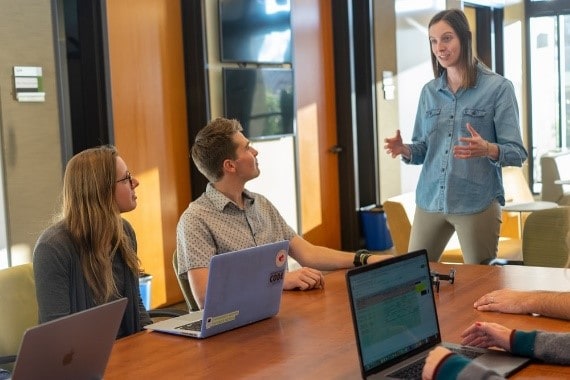
Covid-19 has meant that more freelancers have been working from home and have had more time on their hands to reflect about their old working routine. This has caused people to make drastic changes in their lives and take the plunge into the world of freelancing, where they have the freedom to choose their working hours and what work they complete. Whilst there are elements of instability with freelancing, the benefits certainly seem to be outweighing the risks, such as the idea you can do your freelance work remotely thanks to technology, giving you the opportunity to work wherever you fancy.
If you’re new to the world of freelancing and have previously been an employee of a business, it’s important to recognise the difference between ‘employee’ mentality and ‘freelancer’ mentality. As an employee, you were being managed by someone and being told what to do. You are also surrounded by other employees, so you have people to turn to and socialise with. As a freelancer, you are your own boss which requires putting more effort into your work and having complete control over what you do.
You also need to remember that there is no one checking up on you, so you have to make sure that you follow your goals and meet deadlines for your clients. Although freelancing can be lonely, you can still build a community by connecting with other freelancers and collaborating with them to share ideas and any issues you have encountered, which can be key for keeping your mental health on track.

As a freelancer, it’s important that you are disciplined as the benefits and drawbacks of freelancing from home are the same making it hard to separate you work and home life. Whilst you can check your emails at any time of the day, it may mean that you don’t respond back to your clients in an efficient time frame which can come across as unprofessional.
If you’re thinking about becoming a freelancer, here are some things you should consider before starting on your journey:
Simplifying the process of building your business online through bespoke Websites, SEO and Digital Marketing solutions to suit you.
© 2024 Theo Ruby. All rights reserved. Website Designed, hosted & managed by Theo Ruby Marketing